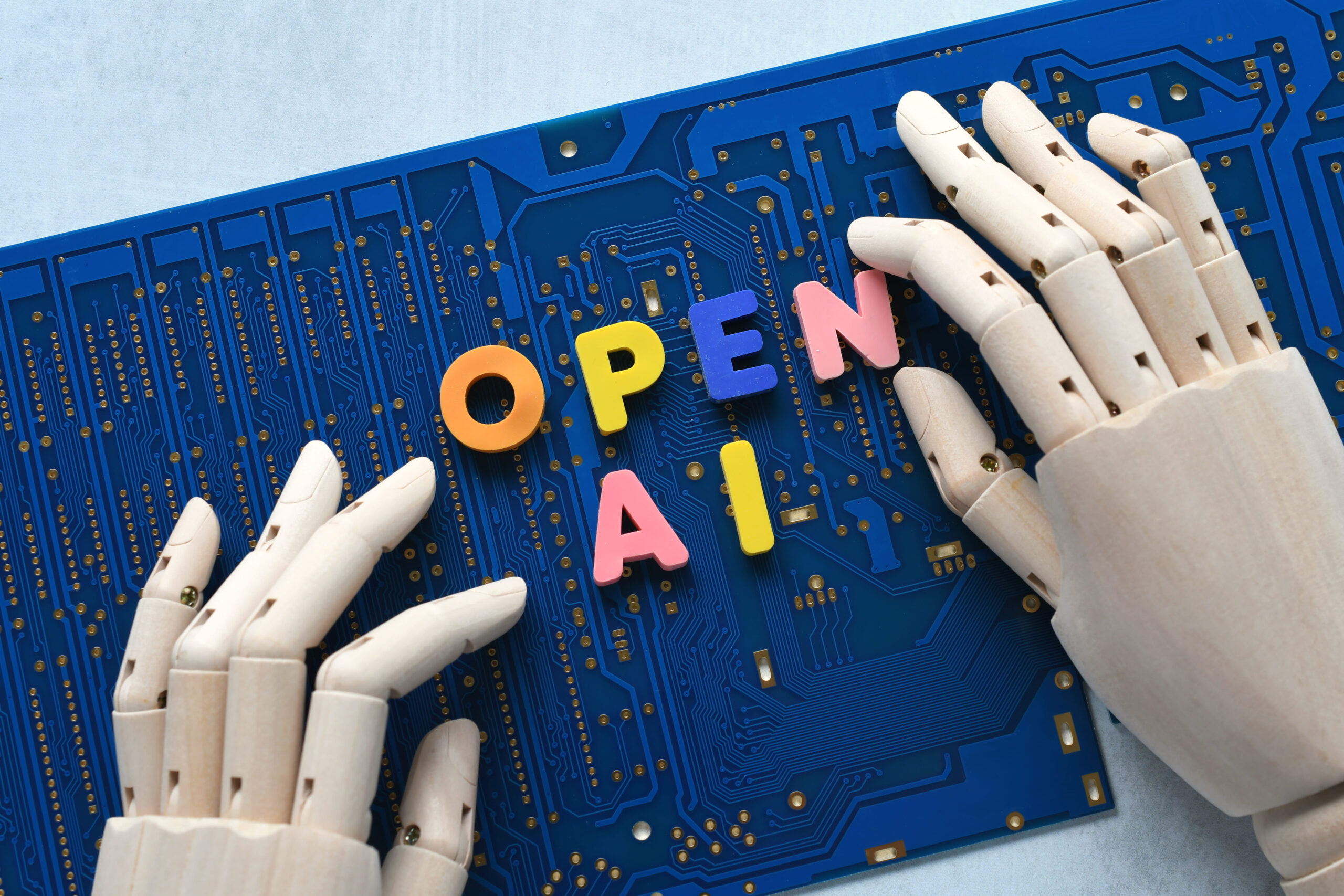

ChatGPT API, alongside the OpenAI API, is a creation of OpenAI, a renowned leader in AI development. The ChatGPT API stands as a powerful, large-scale, unsupervised language model meticulously trained on a diverse corpus of internet text, endowing it with the remarkable ability to generate text that closely mimics human language. Its applications span a wide spectrum of natural language processing tasks, encompassing text completion, translation, summarization, and more.

On the other hand, the OpenAI API presents a versatile suite of APIs that opens doors for developers to access a multitude of AI models. This lineup includes ChatGPT and GPT-3, among other notable models like DALL-E and DALL-E 2. Notably, as of January 26, 2023, the ChatGPT API had not been released to the public. OpenAI has confirmed their intention to unveil the API at a future date, albeit without specifying the exact release schedule. Meanwhile, the OpenAI API is readily available, allowing integration with models like GPT-3 for diverse use cases.
OpenAI API constitutes a comprehensive AI platform, offering access to a range of AI models developed by OpenAI, spanning language, vision, and reinforcement learning models. In contrast, the ChatGPT API is a language-focused API, primarily leveraging OpenAI’s GPT-3 model, the pinnacle of advanced language models in existence.
The primary distinction between these two APIs lies in their specialization and focus. The ChatGPT API is honed for language-centric tasks and benefits from its extensive scale and advanced training. This specialized focus equips ChatGPT API with unparalleled language generation capabilities, surpassing the OpenAI API in this domain.
In terms of performance, ChatGPT API excels due to its targeted design and training for language-related tasks, enabling it to craft human-like text with heightened precision and fluency. This makes ChatGPT API especially suitable for language-intensive undertakings, such as text generation, summarization, and question-answering. While the release of ChatGPT API is on the horizon, it may be prudent to await its official launch before initiating projects grounded in the OpenAI API.
Integrating the OpenAI API into websites or applications ushers in a realm of possibilities for enhancing user experiences and streamlining operations. This article provides a strategic blueprint for the implementation of the OpenAI/ChatGPT API within a website or application, outlining the objectives, limitations, and essential steps to navigate the implementation journey.
OpenAI API offers a myriad of use cases, all with the potential to elevate businesses with greater technical efficiency. Some of these use cases encompass:
Leveraging the OpenAI API for tasks like text summarization, sentiment analysis, language translation, and question answering can bolster customer service, content management, and data analysis.
Building sophisticated chatbots and virtual assistants for customer interactions, sales, and support can enhance engagement and trim operational costs.
Generate fresh content, be it product descriptions, headlines, or social media posts, to enhance content creation and marketing efforts.
The API’s capabilities extend to image and video analysis, encompassing object recognition, emotion and sentiment detection, and speech transcription, ultimately enhancing user experiences and data utilization.
Automate repetitive business processes and decisions to boost operational efficiency and reduce costs.
Anticipate equipment failures before they occur, minimizing downtime and maintenance expenses.
Customized recommendation systems can augment customer engagement and drive sales growth.
Machine Learning (ML) and Artificial Intelligence (AI) hold significant promise in the realm of eCommerce, poised to enhance customer experiences, operational efficiency, logistics, supply chain management, and overall profitability. Businesses within the eCommerce sector should explore the potential benefits and consider adopting these technologies to harness the power of data and propel their enterprises to greater heights.
Get in touch with AI Consulting Group via email, on the phone, or in person.
Send us an email with the details of your enquiry including any attachments and we’ll contact you within 24 hours.

Call us if you have an immediate requirement and you’d like to chat to someone about your project needs or strategy.

We would be delighted to meet for a coffee, beer or a meal and discuss your requirements with you and your team.
